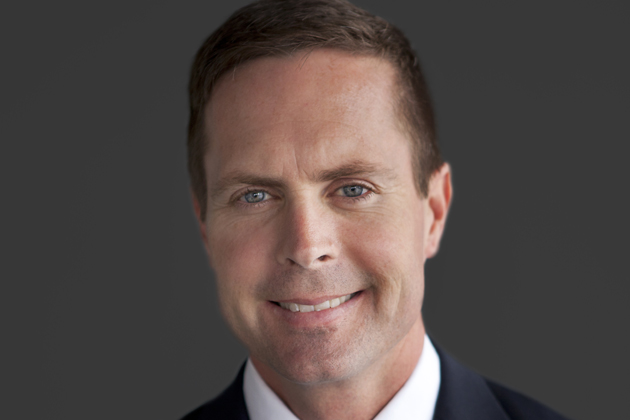
By Greg Bishop/Illinois Radio Network
SPRINGFIELD – There’s still no concrete plan, but Illinois congressmen are sounding off on the proposed federal tax overhaul.
U.S. Rep. Peter Roskam, R-Wheaton, chairs the Tax Policy Subcommittee of the House Ways and Means Committee. He said “we have an opportunity that doesn’t come along often” to reform the tax code.
“The last time we had comprehensive tax reform was when the Bears won the Super Bowl,” Roskam said.
That was before entire new industries sprung up around the Internet.
“We’ve got a tax code that was literally built for yesterday,” Roskam said.
U.S. Rep. Rodney Davis, R-Taylorville, said he had a mullet and a mustache when the code was reformed back in the 1980s, and it’s time for an update.
The plan Republicans are floating would decrease the number of tax brackets from 7 to 3. Davis said, for example, the proposal drops the 15 percent bracket to 12 and the 10 percent bracket to zero.
“And what that does,” Davis said, “it puts more money in the pockets of families in central and southwestern Illinois and throughout this country who need it the most.”
U.S. Rep. Randy Hultgren, R-Plano, said the current system is costly and time consuming and needs to be simplified for individuals and businesses alike. Hultgren said he’s excited the plan includes a 25 percent rate for tax filers who are small and midsize businesses.
Davis said such a move will greatly help Illinois small businesses who are being hit hard by the federal government under the current code.
“They end up paying at the individual rate,” Davis said, “which is upwards of 40 percent, and we’re going to cap that at 25 so that they can invest in mainstream, they can invest in downtowns, and they can be the engine that keeps our economy going, which small businesses do.”
Davis said another highlight is what the plan would do to the estate tax.
“The estate tax would be dead,” Davis said. “The death tax would be gone and that is something that has to happen. This is double taxation.”
“Death should not be a taxable event,” Roskam said. “You’ve got the accumulation of business, or a farm, or any of these things over a period of time has been taxed, and taxed, and taxed again and the notion that at someone’s passing, the death of a loved one, the government comes in and takes a bite out of that? We propose to get rid of that.”
If passed, Illinoisans would still have to pay an Illinois estate tax.
U.S. Rep. Bill Foster, D-Naperville, said in a statement more details are needed before there can be bipartisan support.
“We will need a lot more details and answers to some serious questions if President Trump and the Republicans expect to get bipartisan support for their tax proposals,” Foster said. “If this is just another Republican plan to run up the debt by providing new tax breaks for the wealthy, it will be hard to get support from anyone who cares about the future of our country.”
Roskam said the plan should officially surface soon with votes though the end of the year and tax relief by January.
“And aren’t we super sensitive to this in Illinois,” Roskam said, “based on what happened in the General Assembly a few months ago, jamming in a massive tax hike? I know my constituents are interested in tax relief.”
Over the summer, the Illinois Legislature voted to override Gov. Bruce Rauner’s veto of a 32-percent tax increase that bumped the individual rate from 3.75 to 4.95 percent and the corporate rate from 5.25 to 7 percent.






